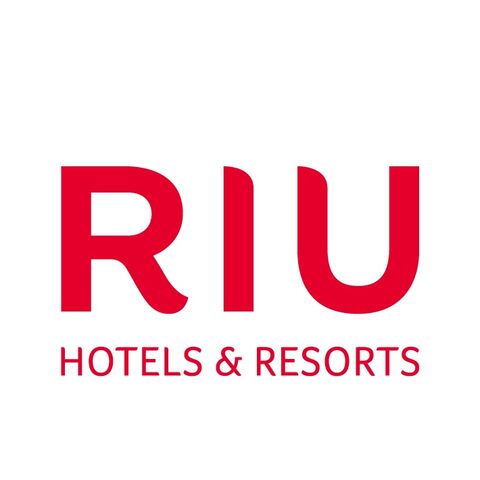- The policy is in line with animal welfare guidelines from the World Organisation for Animal Health (OIE)
- The company is committed to improving animal welfare across the supply chain
- This commitment will help the company define long-term objectives
- It promotes responsible tourism by not incentivising tourism or leisure activities that damage animal welfare
Aware of the importance of respecting and promoting animal welfare regulations and standards, RIU Hotels & Resorts has made a commitment to animal protection by approving a new corporate policy based on responsible criteria and practices in all of its hotels and across its entire value chain.
The company will take steps to transition towards a sustainable supply of animal products that guarantees the responsible and ethical treatment of animals, getting international suppliers and partners involved and supporting them in the adoption of animal protection criteria. As a result, the company will adapt its procurement policy and strategy to gradually shift its supply towards products from sustainable sources or controlled conditions that minimise the impact of activity on people and ecosystems, all while maintaining quality standards and considering the available supply options in each destination.
What’s more, RIU also aims to strengthen its commitment and practises related to the conservation, protection and correct management of local wildlife living in hotel facilities, developing actions and alliances with local entities or reporting any cases of abuse, mistreatment or illegal trade, as well as promoting responsible tourism by not incentivising tourism or leisure activities that could damage animal welfare.
Lastly, the company will annually report on the progress of these commitments.
This new animal welfare policy implemented by RIU is aligned with guidelines from the OIE, an intergovernmental organisation responsible for improving animal health throughout the world, and more specifically with the universally recognised “five freedoms” of land animals that were formulated in 1965 and describe the rights that humankind must guarantee for animals: freedom from hunger, malnutrition and thirst; freedom from fear and distress; freedom from heat stress and physical discomfort; freedom from pain, injury and disease; and freedom to express normal patterns of behaviour.




 Austria
Austria

